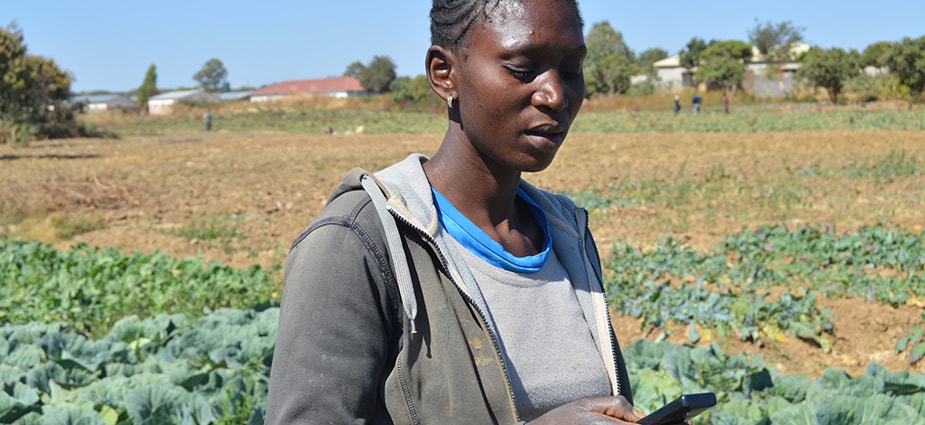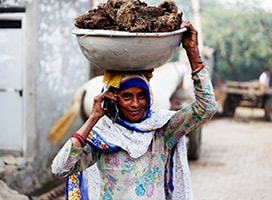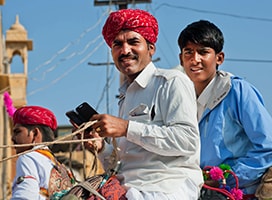NCD Mobile Surveillance

Data for Decision Making
As the global burden of noncommunicable diseases (NCDs) rises, countries are increasing their prevention and control efforts. However, national data on NCDs and NCD risk factors in low- and middle-income countries is limited. Countries need this data to make informed decisions about public health priorities, to select the best interventions to address these priorities, and to monitor the impact of these strategies and activities. Technology can provide innovative solutions for obtaining data quickly and efficiently. For example, Ecuador, the Philippines, and Sri Lanka have utilized mobile phone survey technology to collect data that informs their response to the COVID-19 pandemic.
Dialing In On NCDs
More people worldwide have access to mobile phones than ever before. As a result, mobile phones have the potential to produce timely, affordable, and accurate data to monitor trends. Through Bloomberg Philanthropies’ Data for Health initiative, CDC supports countries in using mobile phone technology to collect regionally or nationally representative NCD data. NCD Mobile Phone Surveys can use text messages, automated calls, or mobile web and are easily adaptable to local contexts.
With technical assistance from CDC and partners, countries:
- engage national stakeholders
- establish technical infrastructure
- build local capacity
- administer the survey
- analyze data
- share results
There are 107 mobile phone subscriptions per 100 people worldwide.
Source: United Nations ITU, 2018
The surveys use open-source technology, so countries can freely use and adapt the survey technology after the initial project for additional topics of interest. CDC is establishing a globally standardized survey protocol, allowing any country to carry out mobile phone surveys.

